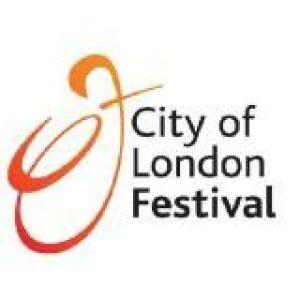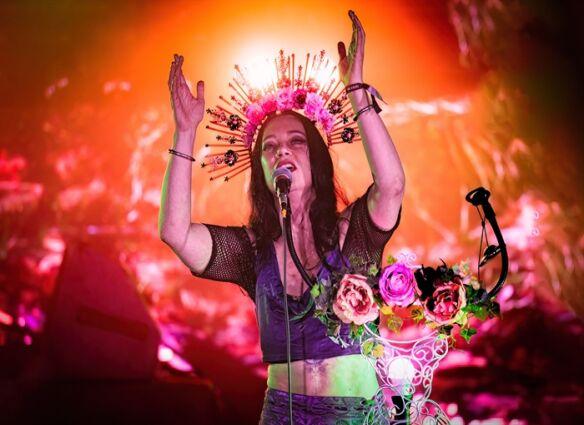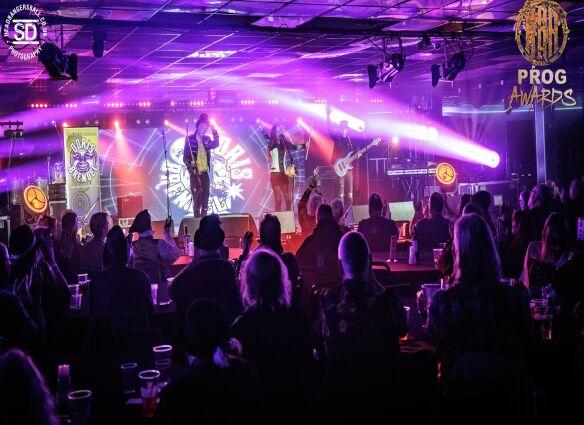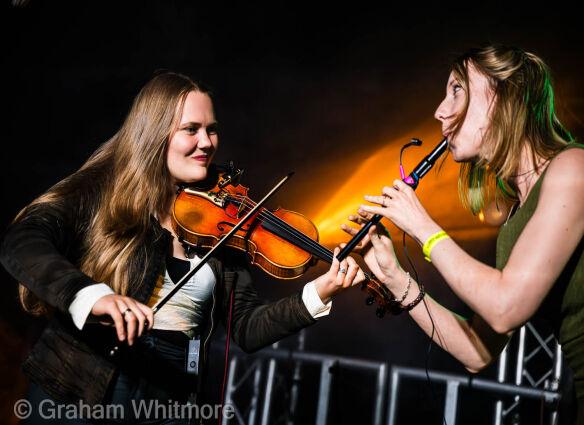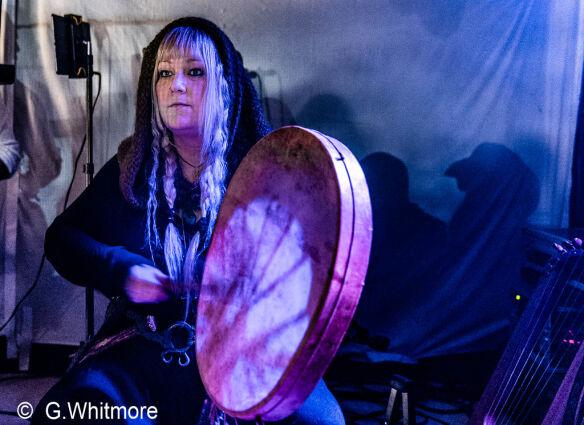Social Links
| City of London Festival 2013 | ||
|
22nd Jun - 25th Jul 2013 Various Venues, London, United Kingdom |
Tickets for adults (without camping) from £5.00 |
|
City of London Festival celebrates 50 years of success
Following a summer that saw London’s cultural scene propelled onto the world stage, the City of London Festival is pleased to report that its unique five week programme of music, street arts, dance, film and participation events has set a new box office record with a 21.5% increase in takings in its 50th anniversary year. Director Ian Ritchie, who has grown the Festival year-on-year to become one of the UK’s foremost arts events, will be stepping down after the 2013 Festival after eight years at the helm, building on the previous year’s success with a challenging and thought provoking programme focussed on the themes of conflict and resolution and of trees, sustaining the Festival’s artistic responses to the environment.
Since its inauguration in 1962 the City of London Festival has brought the Square Mile’s monumental architecture, wealth of buildings, outdoor spaces and ancient streets to life with a rich and extraordinary programme of events. Ranked among the world’s leading cultural celebrations, the City of London Festival has grown to become one of the UK’s most significant and highly regarded artistic institutions.
This year the Festival, with its theme of City of London – Trading Places with the World, once again transformed the Square Mile into world-class arts spaces, and reached out to diverse audiences and communities with over 100 performances over 34 days in 55 London venues. Highlights included, amongst many others: Sir Colin Davis conducting the internationally renowned London Symphony Orchestra in performances of Berlioz’ colossal Grande Messe des Morts in St Paul’s Cathedral, 50 years after he directed the Festival’s first ever concert; performances by John Williams, Jan Garbarek and other world-class artists; a pioneering composition by Nigel Osborne for Clarence Adoo, an exceptional musician who was paralysed 15 years ago in a road accident, and his specially-designed Headspace instrument; high-profile dance performances from the English National Ballet; a creative programme of education and community projects; and 50 Golden Street Pianos, located across London for everyone to play as part of the Festival’s Golden Jubilee.
The Festival has continued to demonstrate its strong sense of place and identity, opening up some of the City’s more unusual spaces to a wide range of audiences and helping to shift perceptions of the Square Mile for the better. Each year over 100 free events are programmed across a wide range of art forms, many of which take place outdoors, including large-scale events targeted primarily at family audiences, such as the annual Family Day at Hampstead Heath and the Festival Children’s Parade through the City. Audience research shows that the Festival is highly valued for the vibrancy it brings to the area throughout its duration: 91% of those surveyed agreed (or strongly agreed) that the Festival provided enrichment to the London area due to the buzz it creates, while 84% of those who neither live nor work in the City reported that the Festival improved their perception of the area. A majority of 92% of audiences felt that they had experienced artists and performances they would not otherwise get to see as a result of the Festival.
Audience member David Setchell said of the 2012 Festival: “Can I just say what a joy the festival was? Being a Londoner I have never come across this before, but this year I did, and I attended 25 events from your wonderful programme. What I must have missed all those previous years, heaven knows. Already looking forward to next year. Many thanks to you all.”
Esther Cavett, a partner at City law firm Clifford Chance added: "Clifford Chance music lovers always look forward to the City of London Festival: to hear such high calibre artists in some of London's most beautiful hidden venues is really special. We also benefit from the imaginative programme of free outdoor events, particularly those in Canary Wharf, where we are based. We're are happy to support such an innovative and high quality organisation."
The Festival is proud of its commitment to commissioning and programming new work alongside a more well-known repertoire; and of promoting new and emerging artists as well as renowned international performers, reflecting the founding principles and traditions of the first Festival in 1962. The 2012 Festival remained true to its original spirit and reason, with well-established artists and emerging talent performing past masterpieces and repertoire of the future. This year the Festival presented 75 new visual and performing art works, featuring exactly 50 living composers, and many of these were world premières.
A year-round programme of arts projects in schools and community groups within the City and its neighbouring boroughs has helped to provide real opportunities for individuals to work alongside artists whose own practice is at the cutting edge within their field. In 2011/12, the Festival education team helped to broker creative opportunities for over 130 school sessions involving over 700 children and young people and nearly 430 sessions for more than 2,900 children and young people outside schools. In many cases each year these education sessions are linked to the main Festival and projects culminate in public performances during the Festival period.
Over the past 50 years the City of London Festival has made a unique contribution to the UK’s cultural renaissance – discovering and encouraging talent. The alumni of contributing artists over the Festival’s lifetime reads like a ‘Who’s Who’ of the world’s most accomplished artists, including Colin Davis, Jacqueline du Pré, Yehudi Menuhin, Gerald Moore, Artur Rubenstein, Elizabeth Schwarzkopf, Tommy Steele, William Walton, Willard White, John Williams and countless others.
At the height of this success, Festival Director Ian Ritchie has decided to step down after the 2013 Festival to pursue a range of creative projects, with artistic programming at the heart of his work, sharing his expertise in music and promoting its powers and wider importance across the fields of science, healing, therapy, the environment, community-building, reconciliation and regeneration. Speaking of his departure and the success of the festival to date, he said:
“The artistic life of the City of London – and music especially – has been close to my heart for over 37 years, since coming to study as a postgraduate at the Guildhall School, becoming General Manager of the City of London Sinfonia and then, in 1983, assuming the role of Artistic Director of the City of London Festival for the first time. When I returned to the Festival as its Director in 2005 my intention was to stay for five years, but the temptation to remain and see us through a really significant anniversary was irresistible. Festivals and their artistic directors thrive on renewal and refreshment: creating and developing ideas in this unique environment have been a source of great excitement and personal satisfaction, but eight years is more than long enough for a single voice to be heard – and next year is the right time to fly on and find some different trees.”
During his tenure Ian has not only shown a passion and determination to discover and encourage young talent, he has also been a pioneer and provided platforms for musical work in areas such as disability and environmental advocacy. His imaginative approach has included the placing of bee hives on eight City rooftops and introducing birdsong into a number of Wren’s churches around the City.
Ian’s final programme as Festival Director will take conflict and resolution as its main theme and reflect some significant landmarks in 2013: the 400-year relationship between the City of London and Derry~Londonderry, the 300th anniversary of the Treaty of Utrecht and the 100th anniversary of Benjamin Britten – one of Britain’s most important classical composers and, of special interest in this context, a noted pacifist. Further details on the 2013 programme will be released in early 2013

